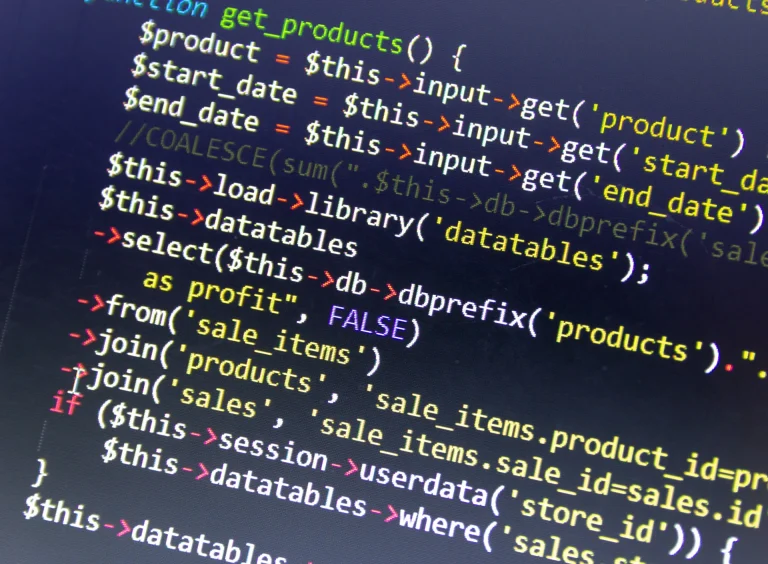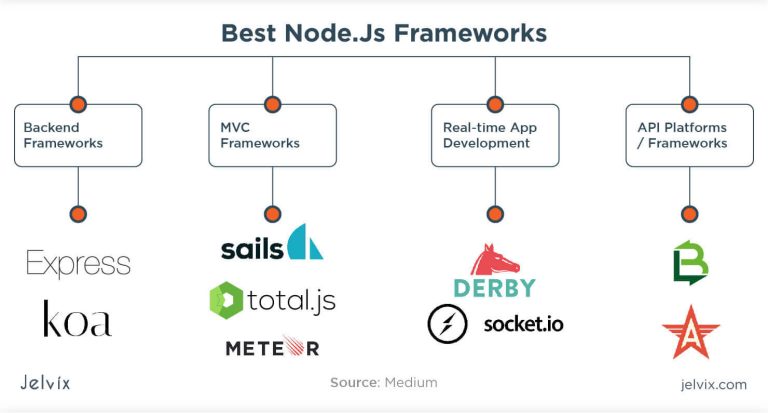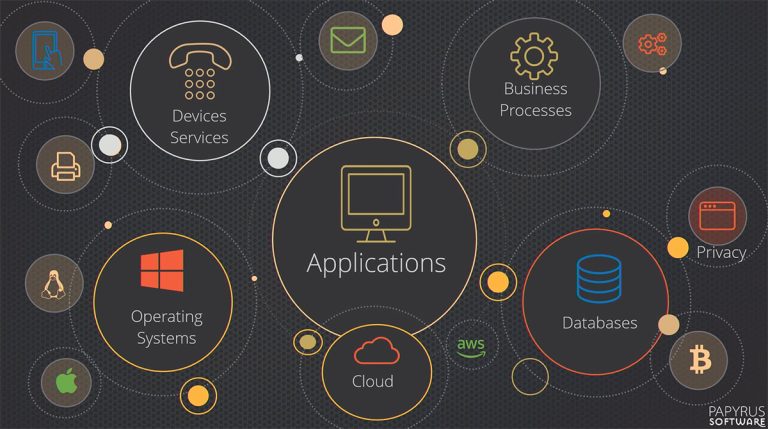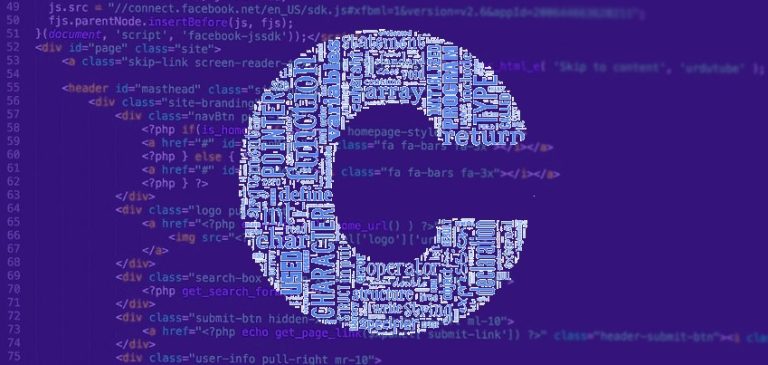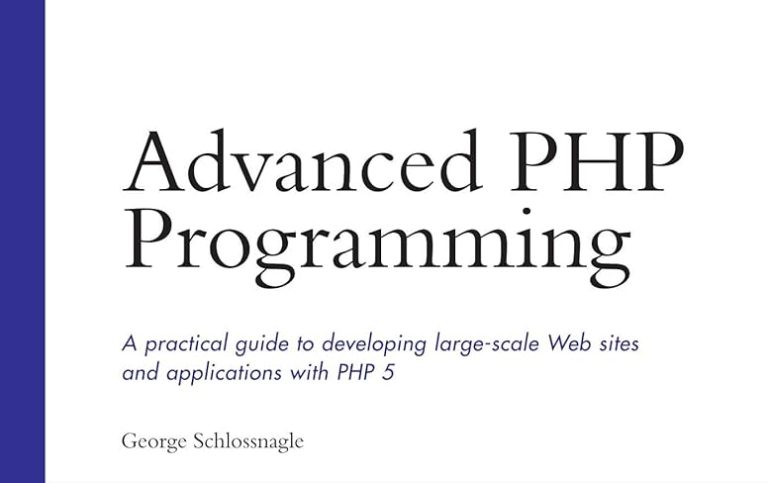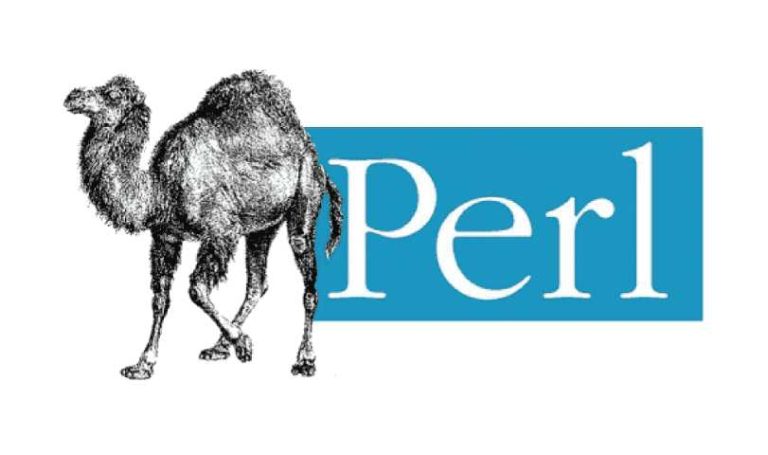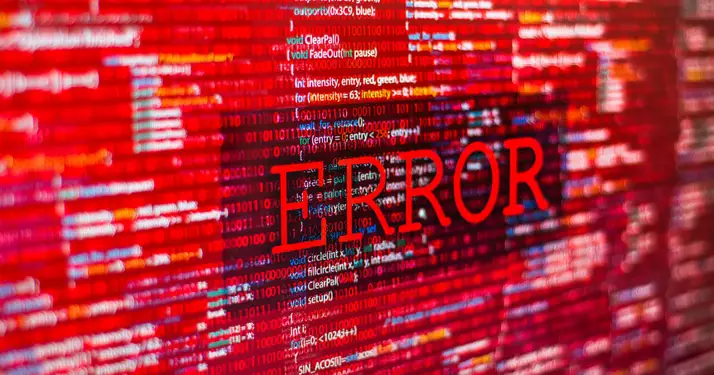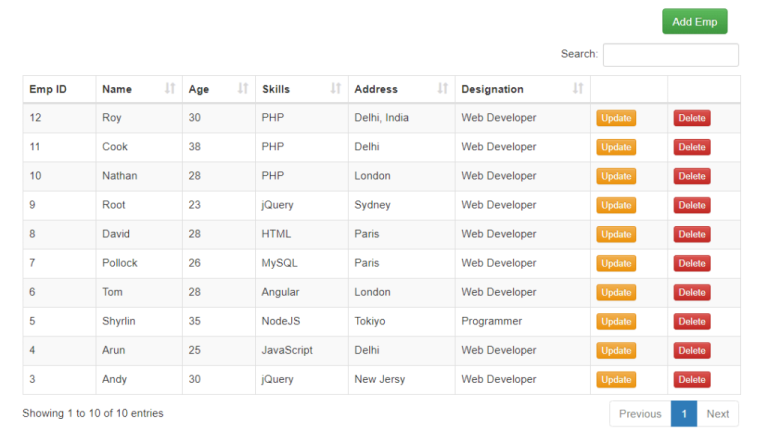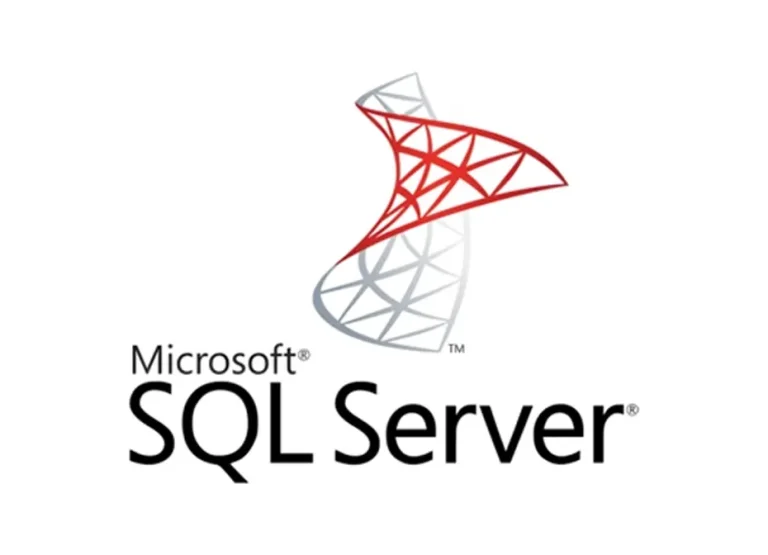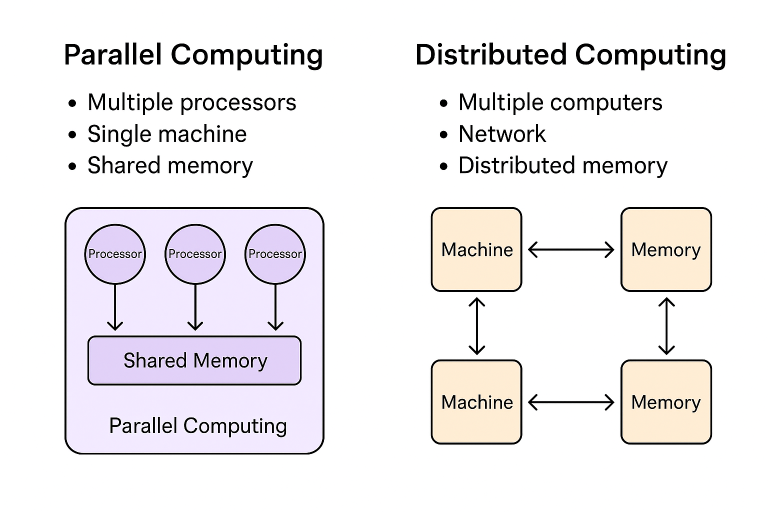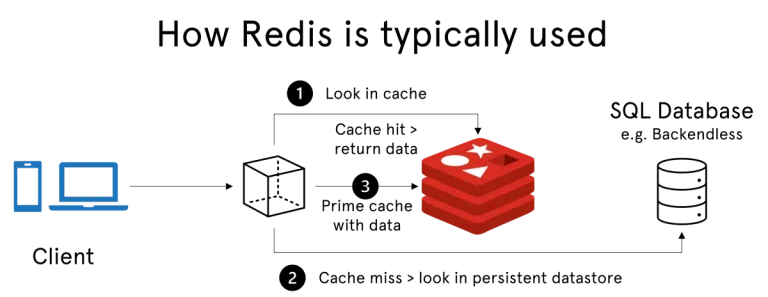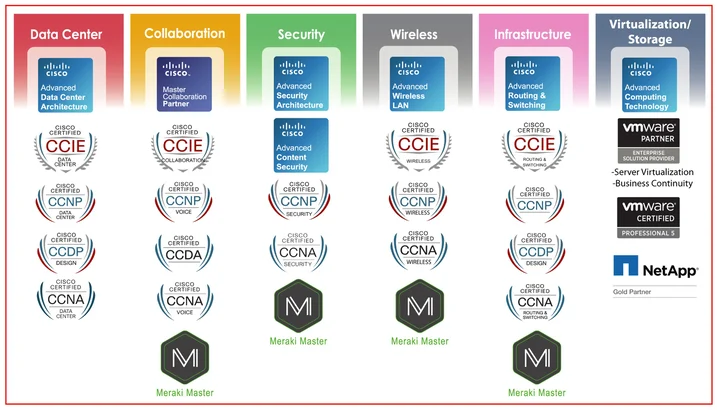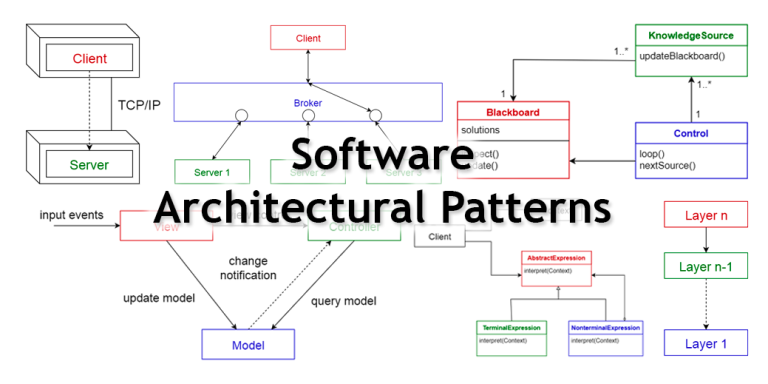Introduction
Why PHP has been historically relevant and is likely to remain so in the years to come. However, keep in mind that the technology landscape evolves, and new developments may have occurred since then. Here are some reasons why PHP is likely to remain relevant in 2024:
1. Widespread Adoption:
- PHP has been widely adopted for web development for over two decades. Many existing websites and applications are built using PHP, and a large number of developers are familiar with the language. This established presence contributes to PHP’s continued relevance.
2. Rich Ecosystem:
- PHP has a robust ecosystem of frameworks, libraries, and tools that facilitate rapid application development. Popular PHP frameworks like Laravel, Symfony, and CodeIgniter provide modern features and follow best practices, making PHP suitable for building scalable and maintainable applications.
3. Versatility:
- PHP is versatile and can be used for a variety of web development tasks. Whether it’s creating dynamic web pages, handling form submissions, interacting with databases, or building RESTful APIs, PHP provides the tools needed for diverse web development scenarios.
4. Server-Side Scripting:
- PHP is a server-side scripting language, making it well-suited for server-side development. It integrates seamlessly with web servers like Apache and Nginx, allowing developers to embed PHP code directly within HTML files for dynamic content generation.
5. Community Support:
- PHP has a large and active community of developers. This community support is valuable for sharing knowledge, addressing issues, and contributing to the ongoing improvement of the language. PHP user groups, forums, and online resources are readily available.
6. Performance Improvements:
- With each new version, PHP introduces performance improvements and optimizations. The introduction of features like JIT (Just-In-Time) compilation in PHP 8.0 is an example of efforts to enhance execution speed and keep PHP competitive with other languages.
7. Continued Development:
- PHP continues to evolve with regular releases and updates. The PHP development community actively addresses security issues, introduces new features, and ensures backward compatibility. Ongoing development efforts contribute to the language’s relevance.
8. Integration with Other Technologies:
- PHP can be easily integrated with other technologies and services. It works well with databases like MySQL and PostgreSQL, supports various protocols for communication, and can be used in conjunction with frontend technologies like JavaScript frameworks.
9. Legacy Codebases:
- Many large-scale applications and websites are built on PHP, contributing to a vast amount of legacy code. Businesses are often reluctant to migrate away from a technology that powers critical systems, ensuring the continued relevance of PHP.
While PHP faces competition from newer languages and frameworks, its existing ecosystem, ease of use, and continuous improvements contribute to its relevance in the evolving landscape of web development. However, staying informed about emerging technologies and trends is essential for making informed decisions in the dynamic field of software development.


